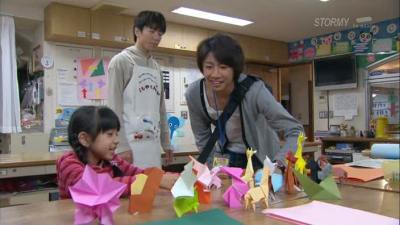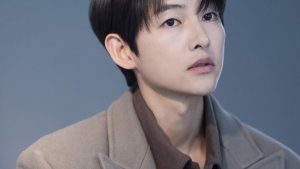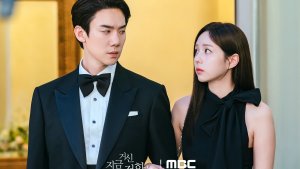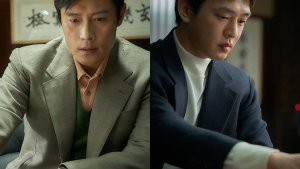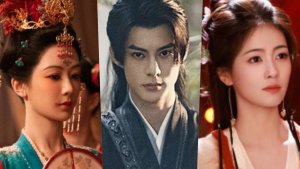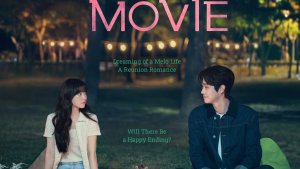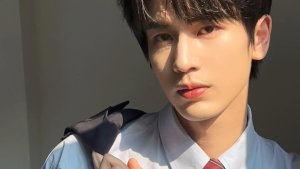 Chinese Actor Zhang Ling He urges sasaeng fans to stop invading his privacy
Chinese Actor Zhang Ling He urges sasaeng fans to stop invading his privacy
Back to School
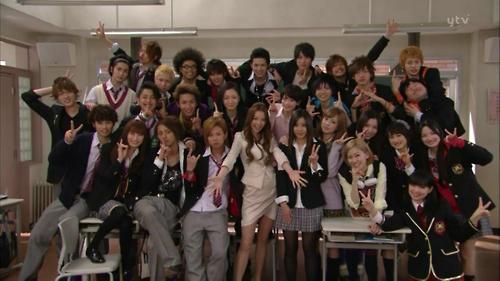
Firstly, we need to understand how the educational system works in Japan. It has five levels:
- Preschool: 3 to 6 year-old-children
- Primary School: 6 to 12 year-old children (6 classes)
- Junior High School: 12 to 15 year-old-children (3 classes)
- High School: 15 to 18 year-old-children (3 classes)
- University/College: 6 years to get the master degree
Secondly, it is important to mention that Japan’s school year is divided into three semesters:
- The first one: 1st April to the half of July
- The second one: 1st September to 26th of December
- The third one: 7th January to the half of March
All semesters end with the exams. Japanese kids do not have time to rest. They have exams at the end of each semester and in the middle of it as well. Exams hell are also portrayed in dramas.
All levels of the school are portrayed in dramas. I have to make a point here that I really enjoy watching school dramas! I have already watched tons of them, but I will not talk about every single one. I will choose just some of them.
Preschool
For some of you, this level may be a little bit weird because I’m sure that, for you, preschool is just the place where you can find friends and have fun. You don’t really consider it as a place where you can learn a lot of things. Preschool is portrayed in My Girl, where Aiba Masaki played a young father who has to take care of his little daughter. She was so cute and adorable. She was attending her last year of preschool and talking about private primary school. She had to take exams to get in.
For me it was a little bit shocking, but it is true. The kids have to take exams to get into primary school. They even sometimes have to take exams to get into good preschools. Japanese parents think about their children’s future from the very beginning. If the child gets into a good preschool, he will be able to get into a good primary school and be able to have a decent future later.
Before getting into the primary school children have to know both alphabets: katakana and hiragana. I don’t know how it is in your schools, but in Poland where I live, children should know the alphabets, but if they don’t, nothing really happens, because they learn it one more time in the first grade of primary school.
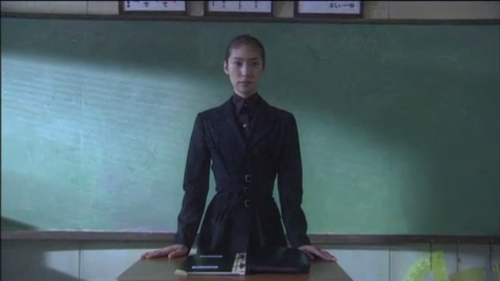
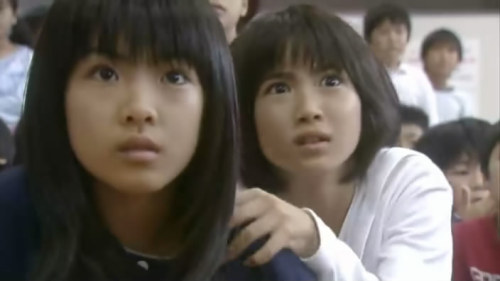
The primary school looks slightly better than the rest of the levels. Children do not have to wear uniforms, and they do not have exams at the end of each of the semesters. They have them only at the end of the year. They sometimes go to cram schools, but it is not the rule. They do not learn the second language. By the end of primary school, they have to know about kanji signs.
The Queen’s Classroom is a drama where I could watch the primary school. The 6th grade teacher of this primary school was the devil, but she had her reasons. It was a nice drama about friendship. It was also about exams and choosing a good junior high school. I had the impression that the private schools are better than public ones. What was surprising for me is that children had to tidy the room and the corridors after the lessons. I found out that it is common in every school in Japan at all levels. Surprising isn’t it? But in that case children learn how to take care of their belongings and how to cherish them.
This drama taught me one more thing: even if there are no exams after each and every semester of the primary school, parents of the children are concerned about their future and they want them to study harder and harder. There is no time for hanging out with friends. At least not at the beginning. Lessons in the public primary school and then cram school are all that matter to parents. Then of course everything changes, because of the drama plot. But I am wondering if in real life something would change?
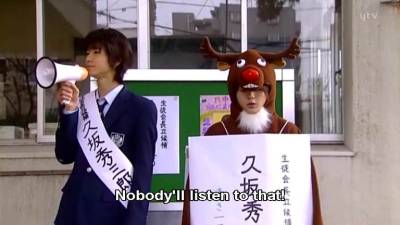
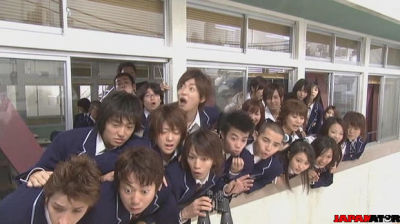
Junior High School is the first level, where exams hell starts, and it ends after the last class of the High school. The uniforms are obligatory here, and students cannot dye their hair. It is punishable. Students have the same lessons as in primary school plus they finally have the second language (usually English). What is the most important – children are able to finally read the Japanese newspaper at the age of 15 because they finally know kanji which is needed to do it. It was what shocked me the most, but hey… I shouldn’t be surprised. It is hell for me that they have like 3 different alphabets.
The public junior high school and the public primary school are obligatory and free. The rest is additional, and you need to pay for the learning. They can resign after finishing the junior high school. It is not obligatory to go to the high school; that’s why some of the Japanese idols finish their education at the age of 15.
Maybe those two dramas which I chose are not appropriate ones, but Nobuta wo Produce is the one which has special meaning in my heart. It was the second drama in my Jdrama life and I enjoyed it to the bones. It portrayed the life of high school students to some extent. It is not focused on exams but on the things which teenagers do through the year. It even looks fun to be in such a school. They have a lot of clubs and lessons after school, they are going out to karaoke etc. There is not that much about studying. It is so different from the reality that I cannot imagine.
Scrap Teacher, on the other hand, is also not really about school. It shows some parts of life in junior high school. It is about friendship and helping the teacher with lessons etc. It was fun to watch, but again it has nothing to do with reality.
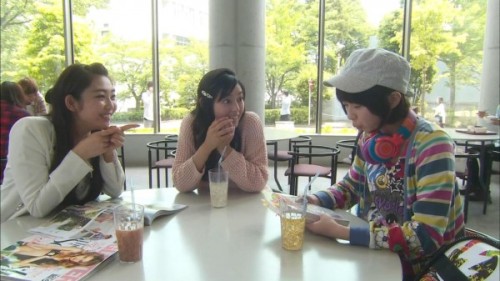
University
To be truthful, I do not watch a lot of dramas with a students theme. Of course, they are there, but it is not the main theme of the drama. So what we learn from different dramas is that university students’ lives are slightly better than those in school. They can finally dress they want to, they can dye their hair, and they can be themselves. This is also true in the real world. Of course, they still have to learn a lot, and they have to find a job to pay fees for the university. But they also have fun and can enjoy their lives before the hard work in their future jobs.
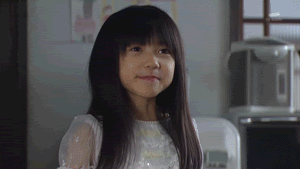
(I can't help, but I fell in love with them...)
To sum up: schools in Japan are hectic. Children's schedules are sometimes even more dramatic than an adult’s. They have to learn a lot in order to get a job (a good one, with the possibility of career) and work for their future families. They have to fight for the time for themselves. Schools there seem to be hard work. It is not weird that there is a lot of suicides and bullying throughout Japan, but this is another topic.

